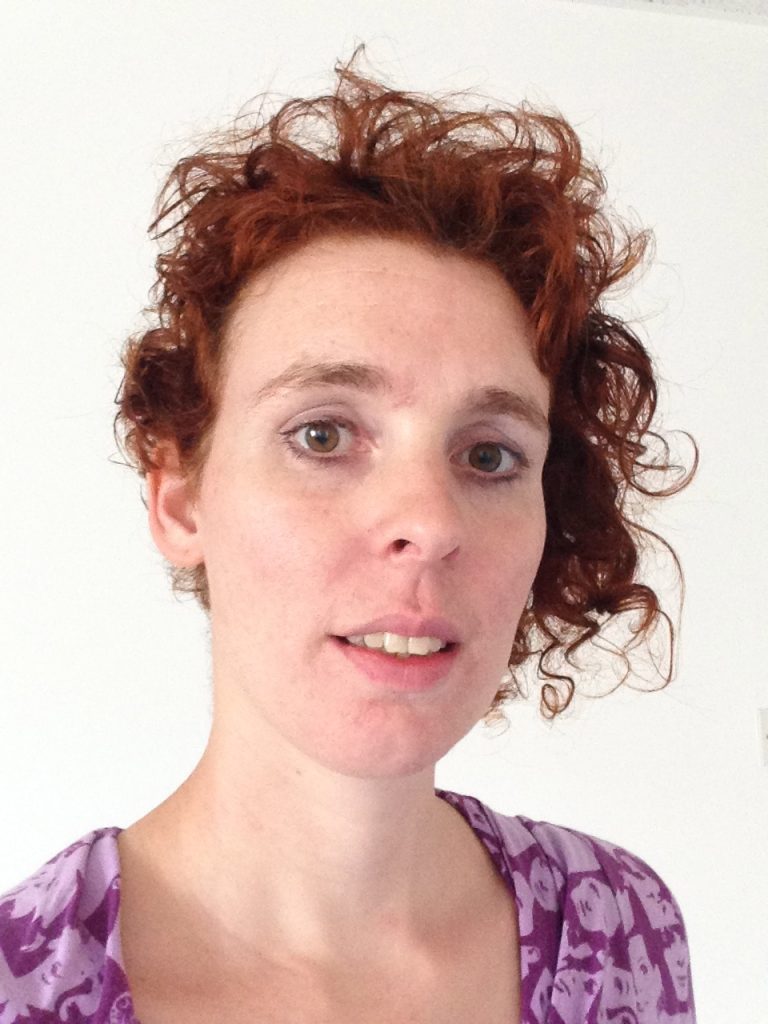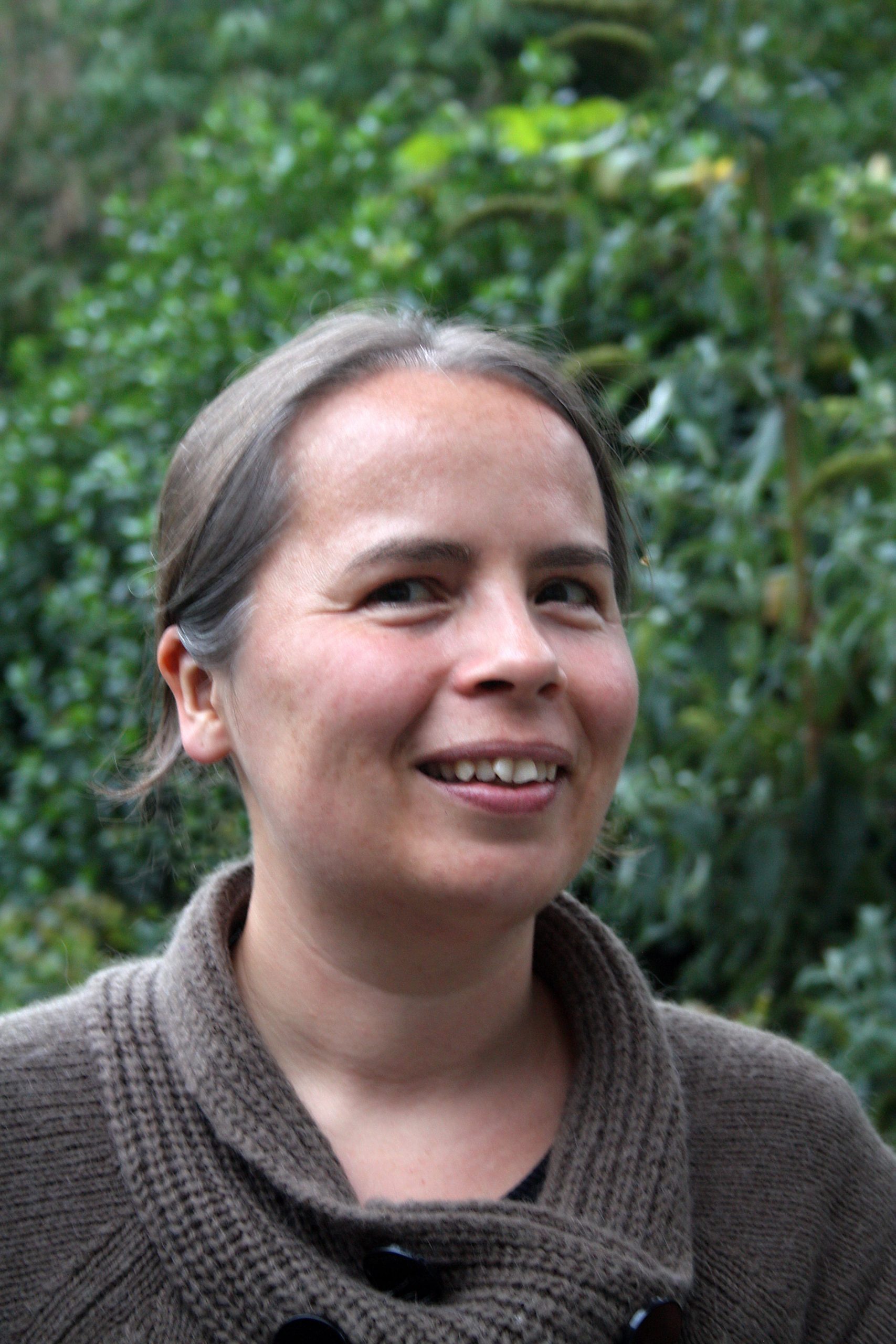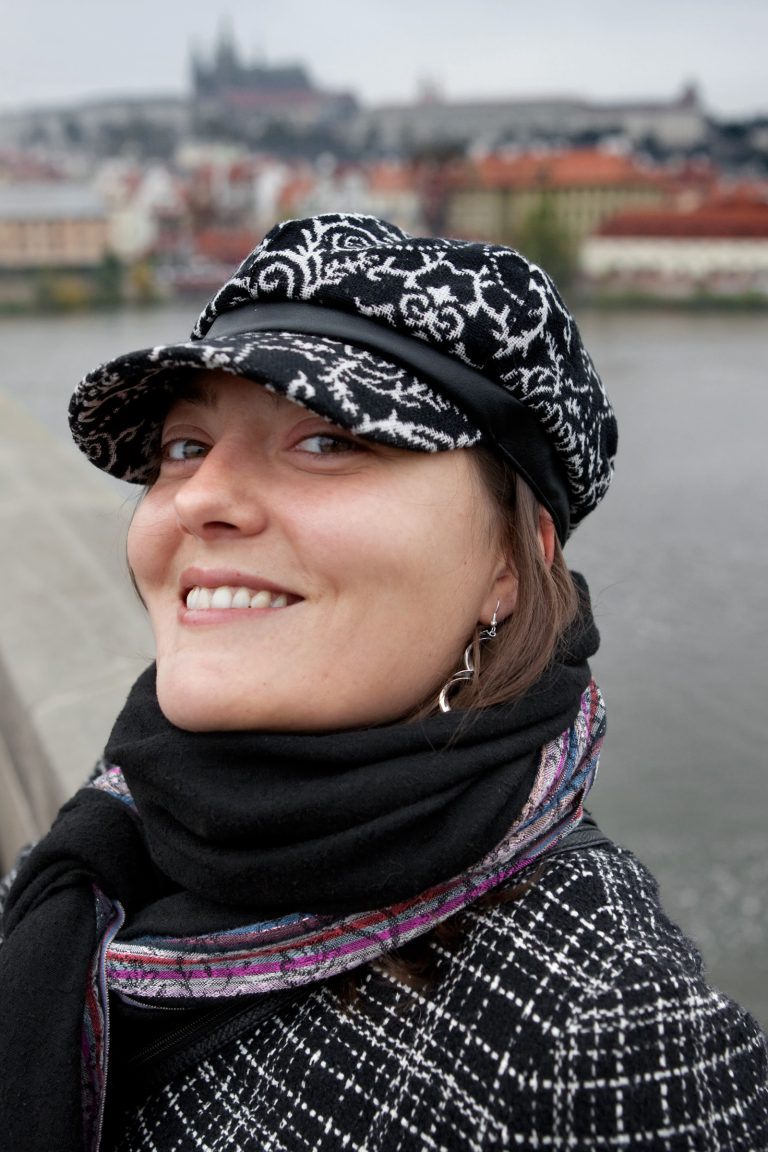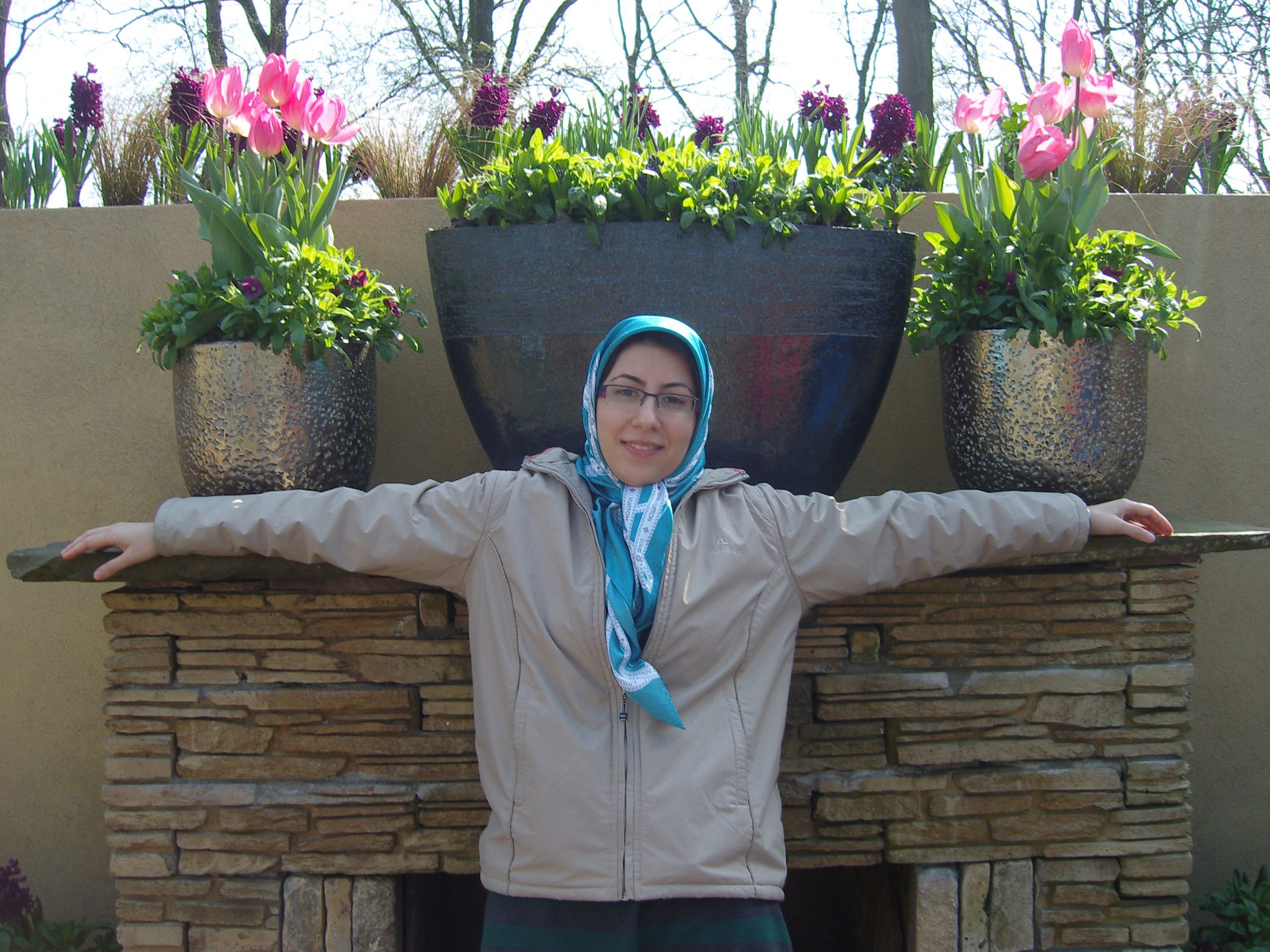Just four women earned cum laude PhDs at TU Delft in 2012, making them the year’s Dewis nominees. These stellar academics showed intelligence, grit and determination, yet they say that they couldn’t have succeeded alone.
Ilse Oosterlaken earned degrees in technology & society and philosophy before becoming coordinator of 3TU Centre for Ethics and Technology in 2006. While working there, she decided to earn another degree, a doctorate applying the capabilities approach to technology. Oosterlaken said that her research is not just philosophy for philosophy’s sake, describing the approach as a normative framework concerned about individual autonomy, well-being and justice. The approach had been applied to other fields, but she was among the first to bring it to technology. She successfully secured research funding for herself and two other doctoral students, then completed her program at an impressive pace and built an international network along the way. Since graduating, Oosterlaken has been writing a book while working as a postdoctoral fellow at TU Delft.
Laura Anitori’s PhD path took a less direct route. “There were obstacles”, she said, adding that she had to fight to get her PhD. The process happened in two parts, both in terms of topics and in terms of time. A native of Italy, Anitori graduated in 2005 with a telecommunications engineering degree and moved to Enschede shortly thereafter as a PhD student at the University of Twente. When university reorganization forced Anitori to abandon her research there, she took at job at TNO, but says she “always had this regret that I didn’t finish my PhD”. So in 2010 she began collaborative doctoral work at TNO and TU Delft, fusing a new idea with her old topic, ultimately racing against pregnancy to finish her work. “I worked very hard”, she says, “You have to try to be the best.” She stresses that proactivity and finding top-level scientists to collaborate with were also crucial to her success. Looking ahead, Anitori only knows one thing about her work: “It has to be a new challenge.”
Femke van Wageningen-Kessels’s PhD path also featured time off—two breaks for the births of her children. Van Wageningen-Kessels started her academic career by ear-ning degrees in industrial design engineering and applied mathematics at TU Delft before beginning her PhD in traffic flow models in 2007. “In the beginning I was disappointed with the level of mathematics”, she said. She quickly realized that “in this field I can really do something, really contribute” and she chose to do so using her mathematics background in a collaborative way. Now a postdoctoral fellow at TU Delft studying crowd management, Van Wageningen-Kessels recently moved to Oman, where she hopes to gain international experience.
Elham Ashoori has gained international experience right here in Delft. An Iran native, she earned a degree in chemical engineering before arriving here in 2008 to study petroleum engineering. Although Ashoori thought she was on a smooth path, a few months into her research, she changed her focus completely. This shift proved challenging, as did segueing from chemical into petroleum engineering; to get up to speed, Ashoori attended master’s classes in the field while doing doctoral research. She says that she worked hard work, but credits her advisor, Bill Rossen, and her mentor Dan Marchesin for her success. “I really owe them a lot”, she says of the professors, adding, “I am not the same person that I was before working with them. I was really lucky”, she concludes.






Comments are closed.